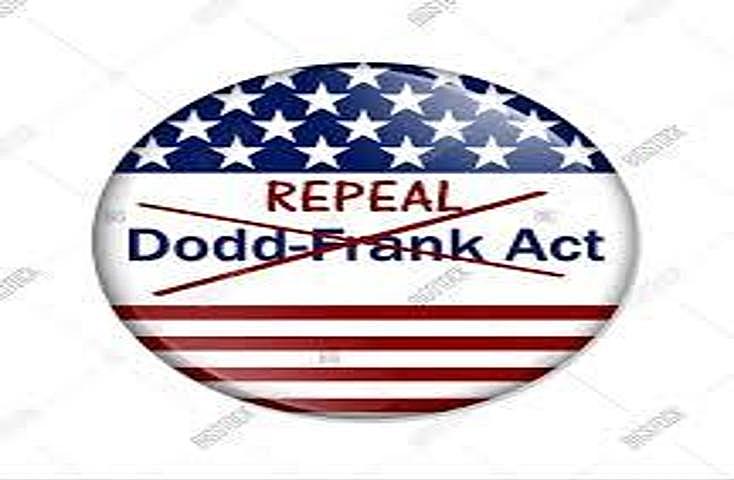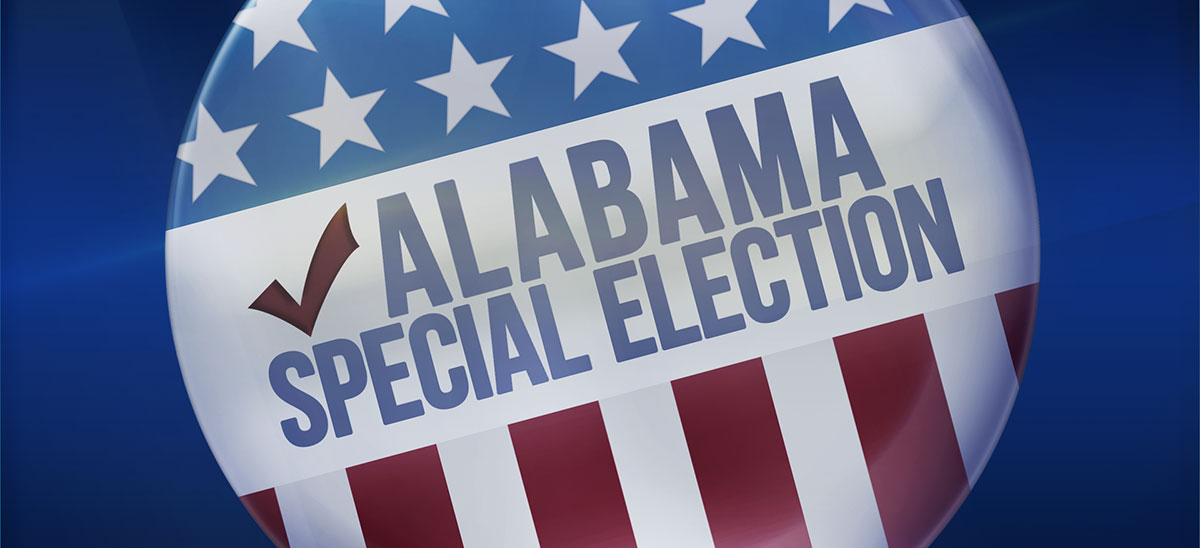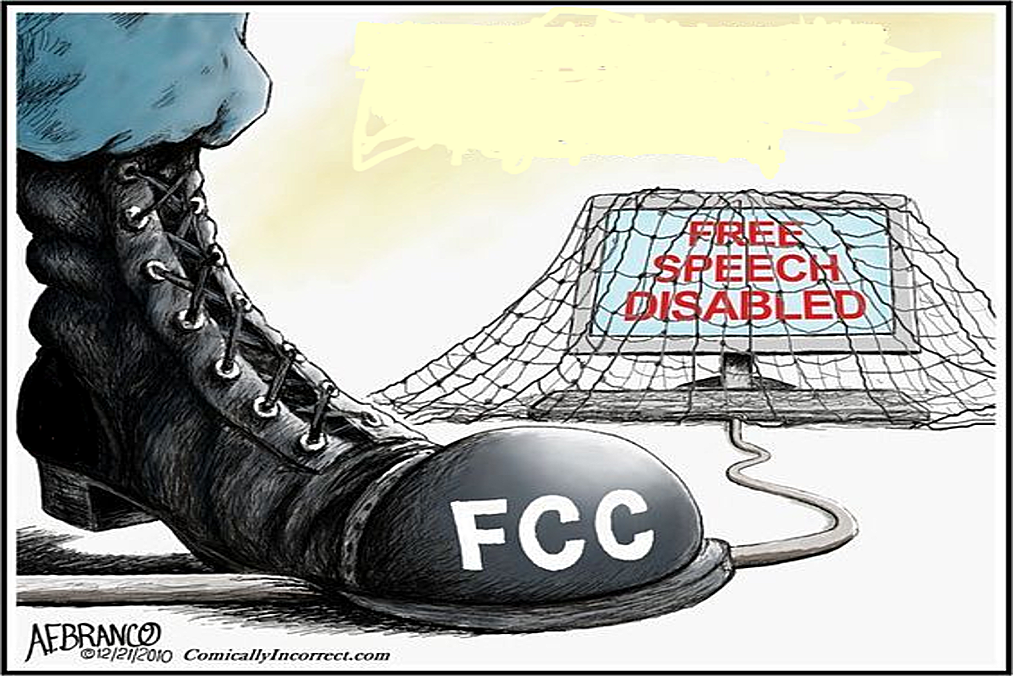
In 2017 Democrats were obsessed with overturning the 2016 presidential election. Job one was to root out alleged unconstitutional collusion between Donald Trump and Russia to steal the election from Hillary Clinton. Nothing else mattered, not Obamacare, not the Children’s Health Insurance Plan, not roll back of Dodd/Frank consumer protections, not America being the only major nation in the world to withdraw from the Paris Climate Agreement, and certainly not tax reform. But the Federal Communications Commission (FCC), like a defibrillator to the heart, has applied a shock to the Democratic Party revealing a sign of life beyond impeachment and Russian collusion.
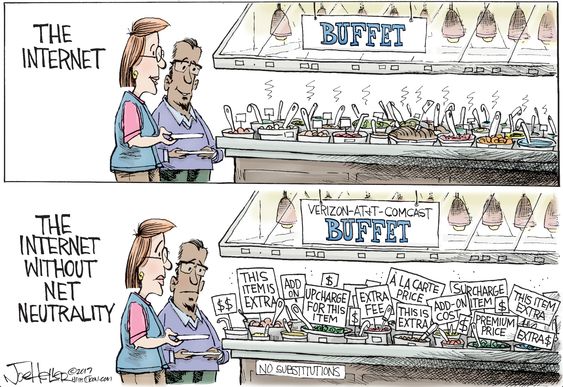
The FCC voted in December to dismantle rules regulating the businesses that connect consumers to the internet. This action reversed the agency’s 2015 decision, during the Obama administration, to have stronger oversight over broadband providers. It also scrapped the net neutrality regulations that prohibited broadband providers from blocking websites or charging for higher-quality service or for certain content. The federal government will also no longer regulate high-speed internet delivery as if it were a utility, like a phone service.
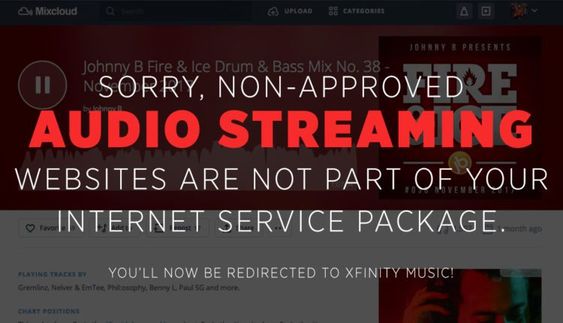
This game-changing net neutrality vote by the FCC struck a nerve among Democrats and sparked a reaction led by Senator Ed Markey. On Tuesday Sen. Markey announced he had 39 co-sponsors to force a vote on the issue. Democrats are using a vehicle known as a Congressional Review Act, or CRA, which is essentially an official form of disapproval of the FCC’s action. If passed, it would block the commission’s new rules. Finally, Democrats realize there is an issue – net neutrality – that affects the everyday life of Americans, more than the never will be proven election collusion between Russia and President Trump.
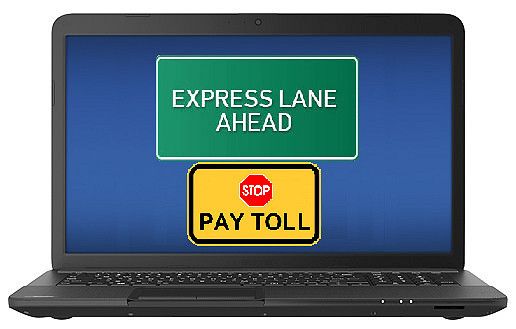
According to Democratic FCC Commissioner Jessica Rosenworcel “Our broadband providers will get extraordinary new powers. They will have the power to block websites, the power to throttle services, and the power to censor online content,” “They will have the right to discriminate and favor the internet traffic of those companies with whom they have pay-for-play arrangements, and the right to consign all others to a slow and bumpy road.”
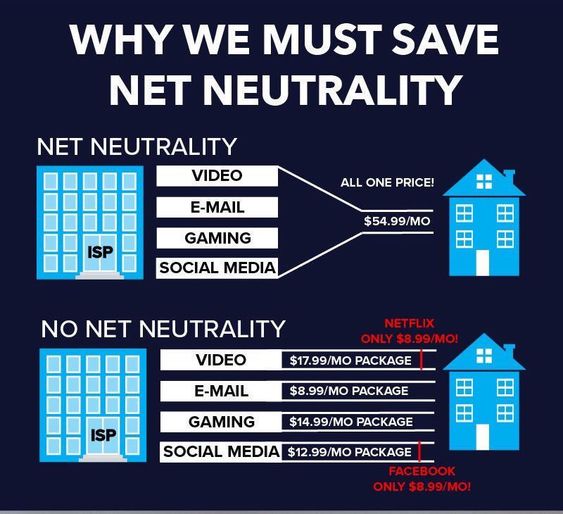
As Politico reports critics foresee an eventual fracturing of the internet, as some websites and streaming services get a speed advantage over others. And they fear the internet will someday look more like cable TV, with providers acting as gatekeepers, channeling people into bundled packages of websites, apps, and services rather than offering unfettered access to the Web. While most of the major internet providers have said they have no intention of blocking or throttling Web traffic, the companies are vague on the issue of “paid prioritization,” or creating fast lanes for businesses that pay more.
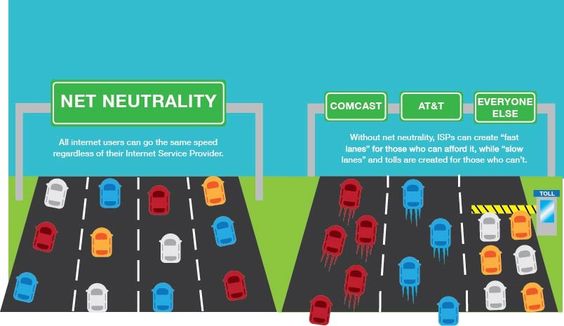
Verizon supports a ban on the practice in situations where there is “harm to competition or consumers.” AT&T says it will not “unfairly discriminate in our treatment of internet traffic.” Charter says it’s never included internet fast lanes in its business plans and has no plans change course. Comcast also has “no plans” to enter into paid prioritization agreements but did not address whether such plans could change in the future. It’s obvious that all 4 are leaving themselves plenty of wiggle room to do whatever they want, which the FCC vote has given all broadband providers the option to do.
The wireless industry has already flirted with preferential treatment of some Web traffic, in the form of so-called zero-rating or sponsored data programs. They offer customers a way to stream video content and access other services without it counting against their monthly data caps. For example, T-Mobile customers can use the company’s “Binge On” program to stream Netflix videos.
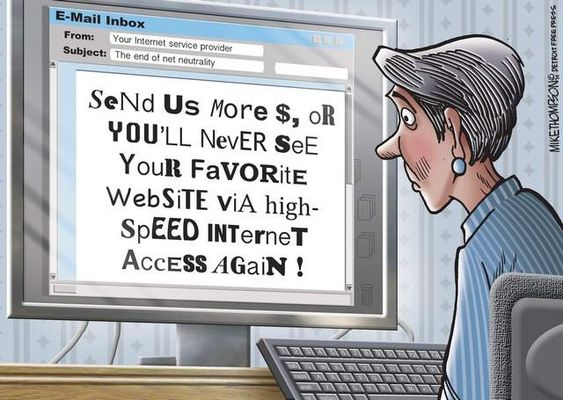
Allowing broadband providers to start charging websites to upgrade “interconnection” points between networks or extracting fees from sites for faster access to their online customers — all shielded by nondisclosure agreements that the public will never see or know about — will mean the end to technologically up to date internet connections for rural America. It will erase the gains made in closing the access gap to quality education for the less fortunate, who now are able to attend class, lectures, do research and in some instances have teacher/student interaction all online, at a time of their choosing, through an internet with equal and free access.
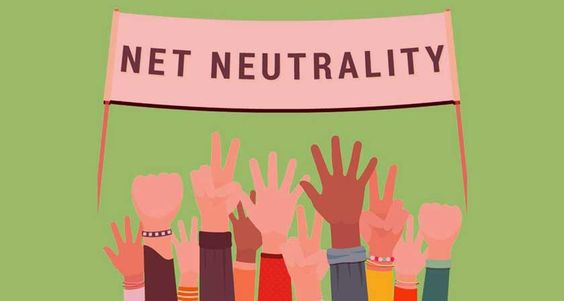
Democrats focusing on net neutrality, or in this case the lack of it, shows they can focus beyond the time-wasting politics of impeachment. It helps Democrats to refocus its priorities on what directly impacts all Americans in the 21st century, equal access for all to America’s information highway.


